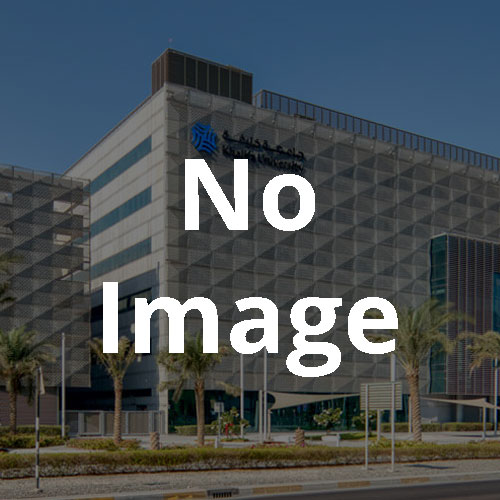
An understanding of genome organization of an individual is key toward both understanding the nature or type of cancer that a patient may be predisposed to, as well as the course of treatment of the malignancy itself. Not only does genomic information provide more accurate diagnosis, it provides actionable opportunities to prevent the disease. In cases where treatment of cancers is required, genome information will provide an opportunity to define the appropriate medication at the optimal dose (i.e., the discipline known as pharmacogenomics). In some cancers, solid organ transplantation may be required. Leukemia is treated by replenishment of compatible haematopoietic stem cells (HSC) following total immune ablation by chemo- and/or radiotherapy. In these cases, the genetics of the donor and the recipient at a region of human chromosome 6 known as the Major Histocompatibility Complex (MHC) has to be identical. Irrespective of whether for diagnosis, prevention, or treatment, data collaged from the genome of an individual is increasingly playing an important role.
There is a dearth of genome information from subjects of Arabian ancestry, and this study was conceived to improve on this unacceptable position, particularly among the local ethnic groups of the United Arab Emirates.
